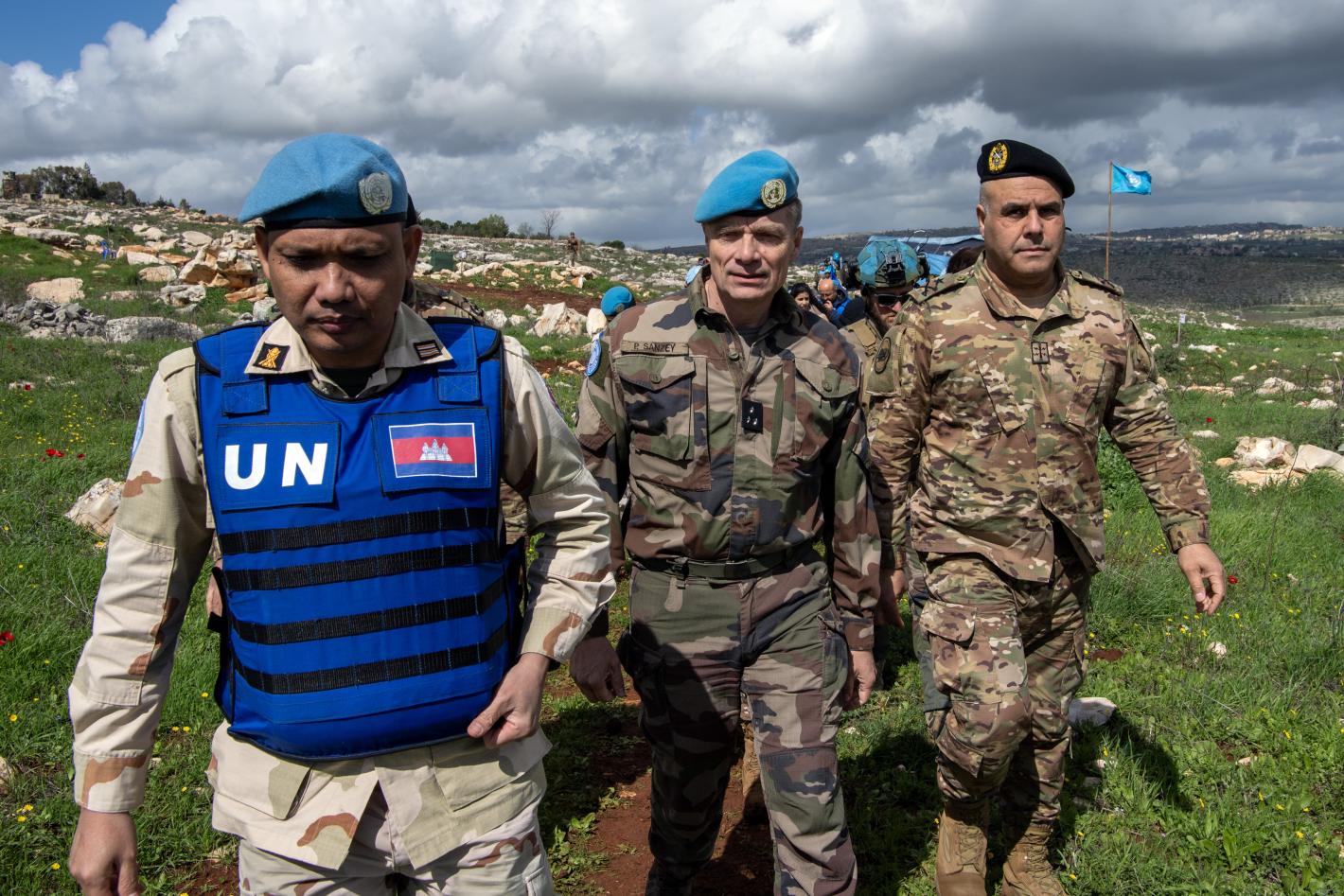On the occasion of the inauguration of the Umoja solution, we step back to reflect upon the 'journey to deployment' in UNIFIL and UNSCOL.
In late 2012, UNIFIL and UNSCOL established a multi-tiered project team with a local Steering Committee comprised of Service and Section Chiefs, a Site Coordinator, and a panel of Local Process Experts to drive forward with project preparation activities. With the aid of a two week process familiarisation workshop led the Process Experts from Umoja, this team quickly developed an in-depth understanding of the new solution. They put in place a local Realization Project Plan detailing the tasks, milestones and deliverables they would undertake, and established project monitoring structures that would guide the daily priorities of the team. From the outset there was full collaboration with the Umoja Team in New York and weekly checkpoints were established to track progress and ensure integration.
Central to the preparation activities at UNIFIL and UNSCOL was the collection, cleansing and enrichment of data. For many months the team pursued a detailed and exhaustive exercise to source and prepare data across the areas of Procurement, Real Estate and Finance. During Mock Three and Mock Four data preparation cycles, this information was transferred into predefined templates and loaded into an SAP test environment for use in Integration Testing. Members of the UNIFIL-UNSCOL team then travelled to Valencia and Brindisi to participate in the Integration and User Verification Testing, analysing the system for defects whilst simultaneously enhancing their expertise as system users.
A detailed exercise was conducted in Naquora and Beirut to align end-user security profiles to UNIFIL and UNSCOL staff members and determine the system access permissions that would be granted. Together with the supporting Workflow tables, this formed the template for users to transact in SAP. In parallel the local Technical team engaged in preparations to ensure that hardware configuration, server access and the supporting network were tested and ready for the implementation of the new solution.
Through close coordination with UNHQ, a Cutover Plan was developed, documenting activities for the ramp-down, black out and ramp-up period before and after go-live. As this final phase of the project approached, UNIFIL and UNSCOL participated in two Cutover Dress Rehearsal exercises. This was a tightly choreographed simulation the final production Cutover including FY13 Year-end Closure in SUN, preparation of IPSAS Opening Balance for FY14, conversion of Master and Transactional Data into SAP, and a post-load validation of data accuracy in the new system. The timely and successful completion of these exercises rendered the team confident of their readiness to complete the Production Cutover to the Umoja Solution during the final week of June.
UNIFIL and UNSCOL staff members at all levels, representing Military, Substantive and Mission Support, were engaged as to the changes and opportunities that Umoja would bring. Umoja Open Day, a two day exhibition event, was held in April with approximately 230 staff members attending to learn more about the changes that the Umoja solution would bring. Pre-Training was provided to approximately 140 UNIFIL-UNSCOL staff during the month of May, offering system users an overview of the changes to impacted processes, as well as introductory training on how to navigate and transact in the new system. Building on this, the UNIFIL-UNSCOL team then leverage the user verification test scripts during the month of June to further develop the knowledge and skills of staff members, all in preparation for the formal Umoja Instructor Led Training on 17 June. These targeted events were complimented by broad reaching town halls, mission broadcasts and publications on the local project SharePoint site.
Under the guidance of UN Headquarters and in close collaboration with the Umoja Project Team, the journey to deployment in UNIFIL and UNSCOL was made possible. This represents the first step in the transition to a globally integrated solution for the UN Secretariat and a milestone in the administrative reform agenda of the United Nations.





